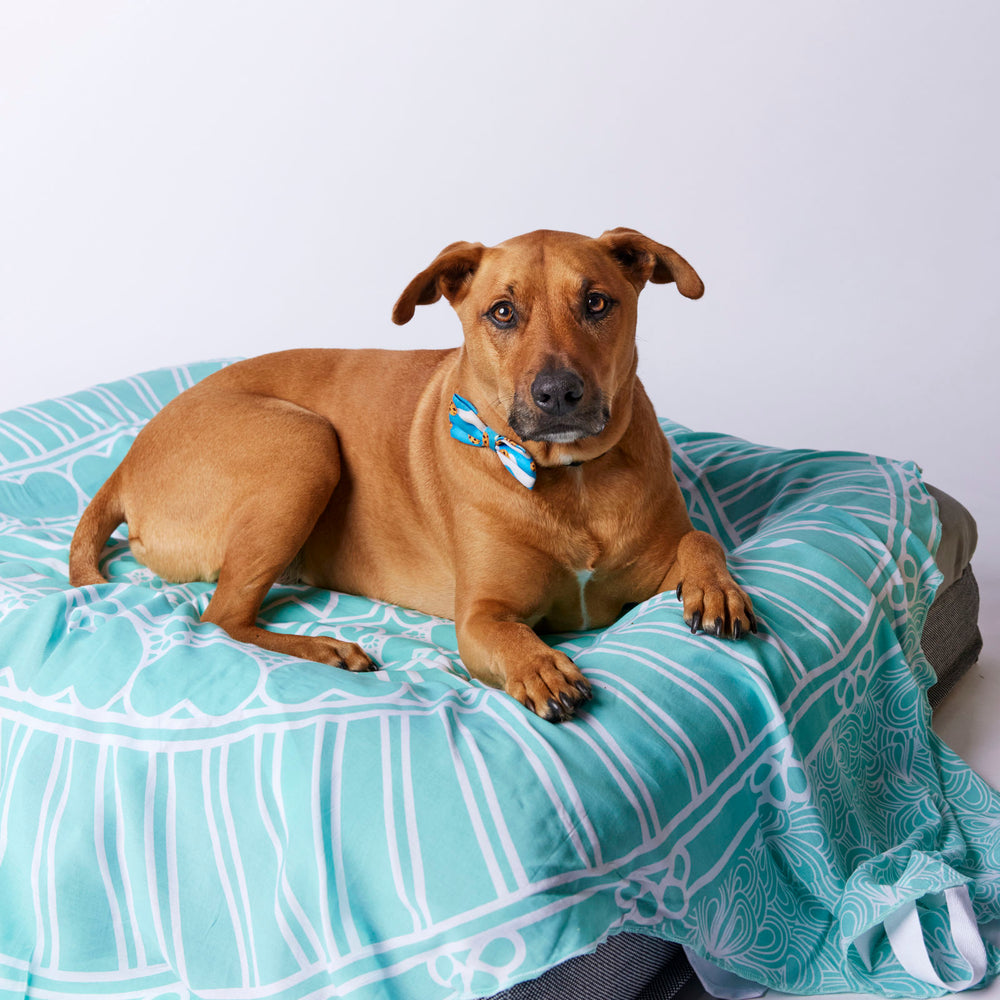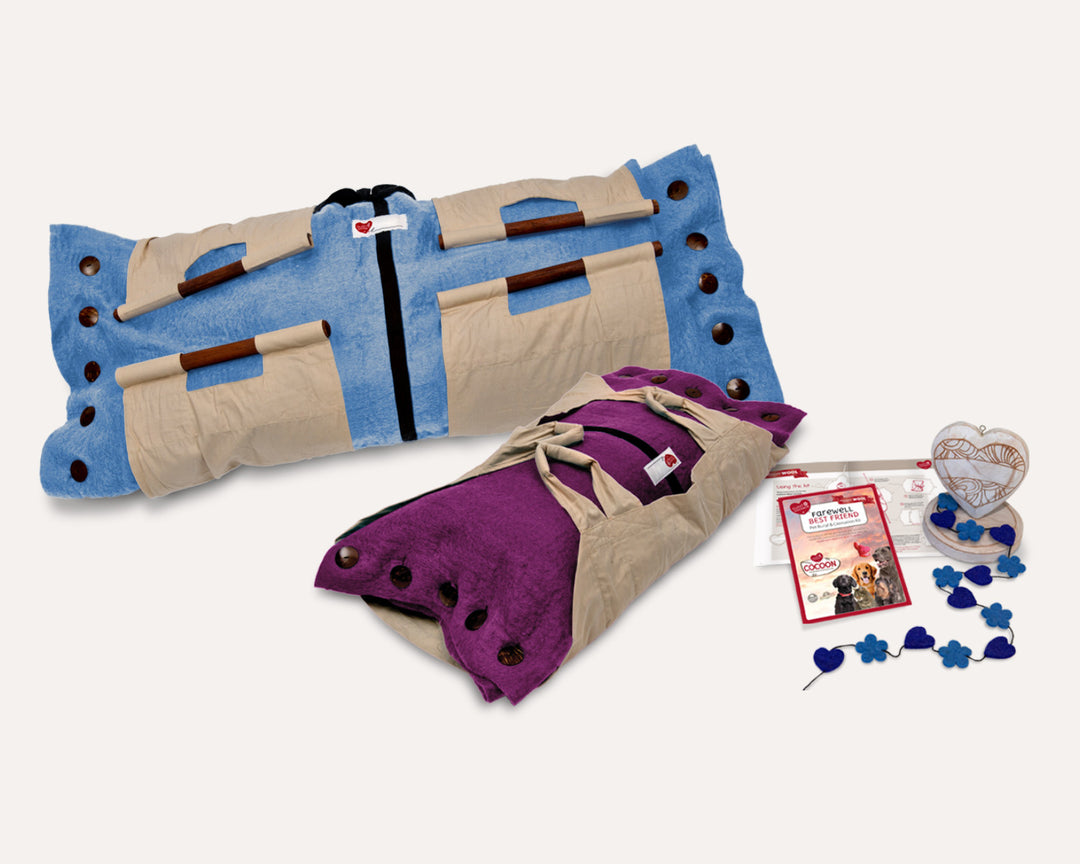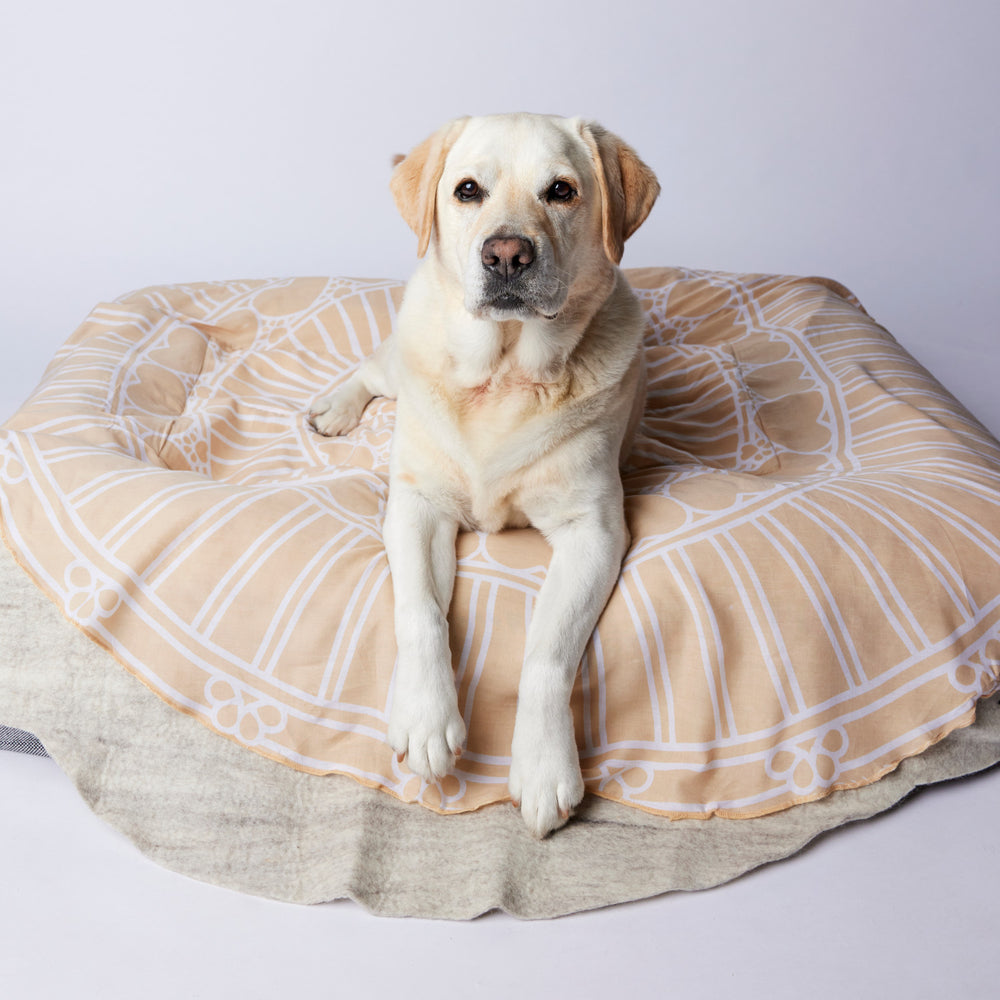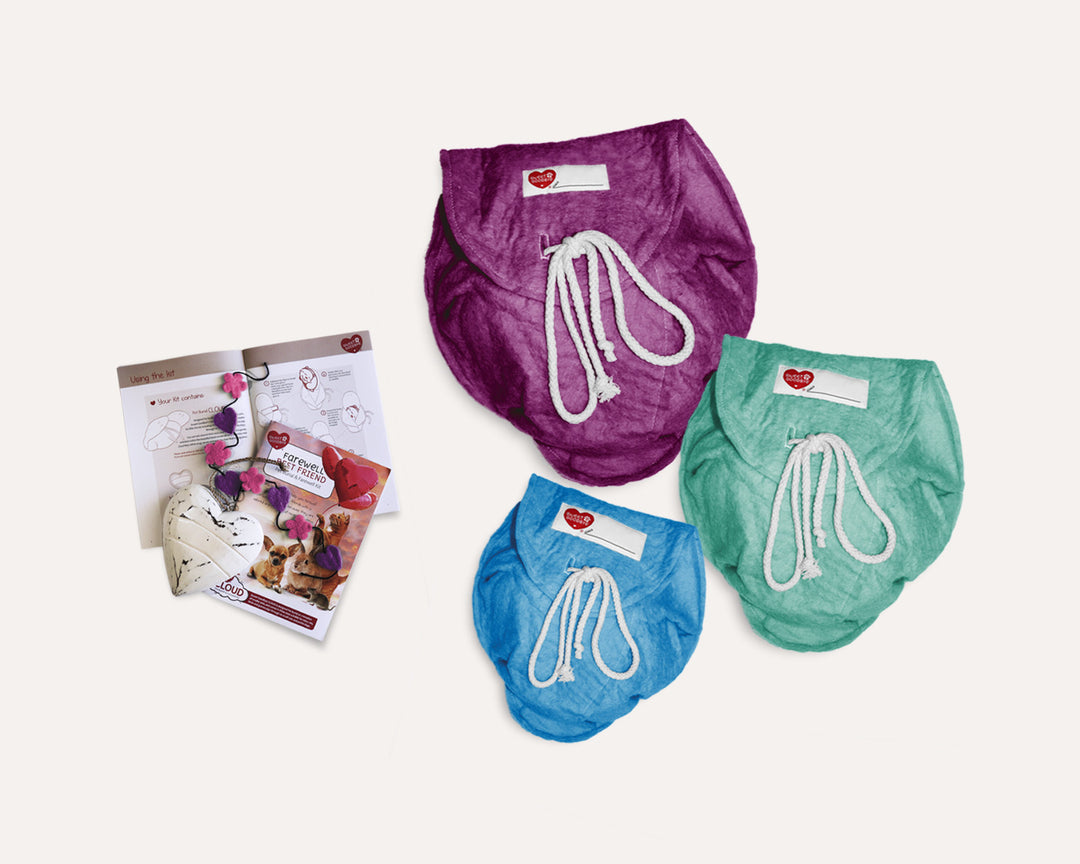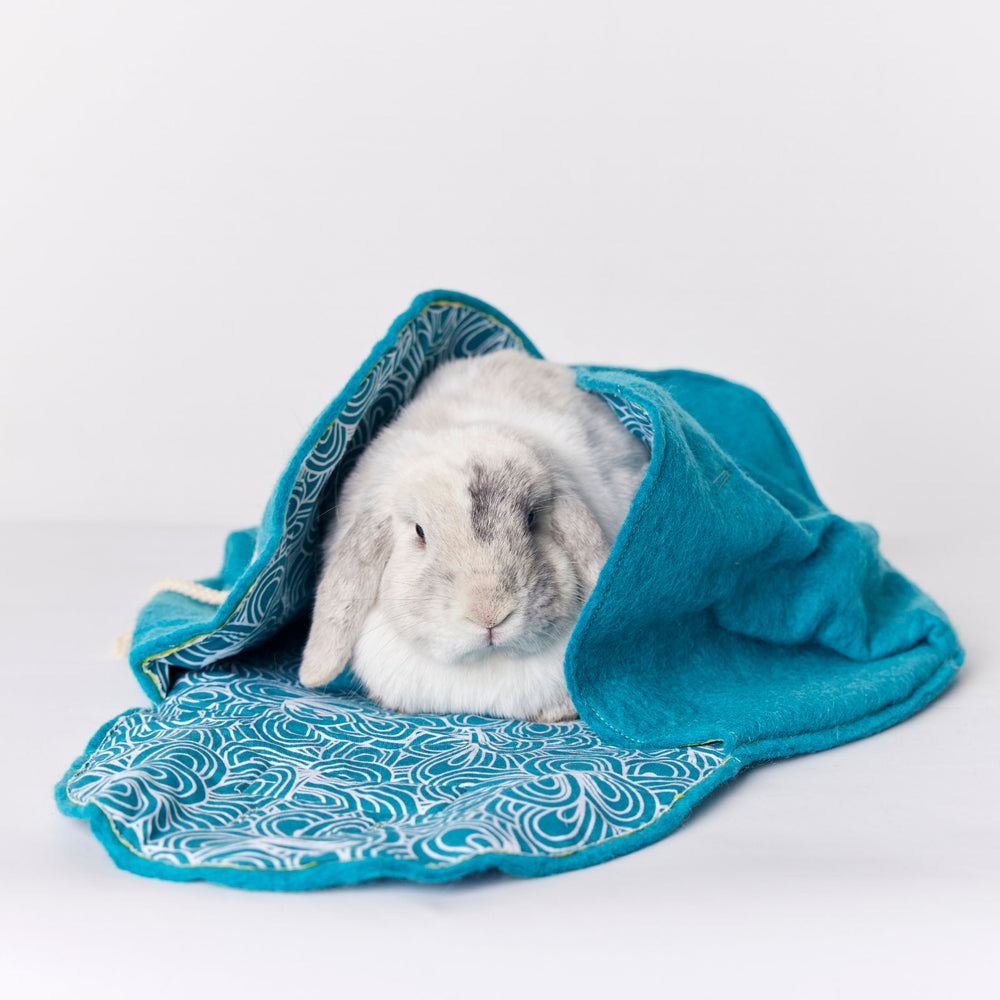The Top 7 Ways to Keep Your Senior Dog Happy

Senior dogs experience numerous challenges as they grow older. Like older humans, they suffer from common health problems and are prone to behavioural changes. But we love our senior dogs, and we want to keep them as happy as possible - even in their senior years!
Here’s our top 7 ways that you can keep your senior dog happy, repaying them for all the years of friendship they’ve given.
Keep Senior Dogs Mentally Active

Senior dogs are prone to age-related cognitive decline, including cognitive dysfunction syndrome. Therefore, keeping them mentally active is quite essential. In fact, mental stimulation keeps senior dogs away from boredom, enhances their engagement with the environment, and keeps them happy.
A great activity to keep them stimulated? Sniff Walks! Senior dogs love exploring things at their own pace and track every scent, so take them on a slow walk, letting them sniff anything and everything that comes their way.
If walking isn’t on the cards, try puzzle toys (and remember the rewards for solving them!) or teaching them a new trick. This can keep them motivated and busy for hours!
Provide Appropriate Exercise

Senior dogs may not be up for a huge run around the park, but they still love to play easy games, join you for a short walk and get out of the house. Maintaining their strength and muscle tone is essential, even if they need some encouragement.
Our best tip? Everything in moderation and low-impact activities like swimming and a cheeky game of hide and seek can be great to keep them active, without the big effort.
Provide the Right Bed Dog

Unlike younger dogs, older dogs can't get comfortable sleeping on hard surfaces like floors, and that comfy couch they used to sleep on just isn’t as easy to jump onto (or off!) anymore.
We all know that comfort is key to happiness (has anyone ever slept in a bad bed before? Not fun!) - so provide your dog with a high-quality dog bed, or an orthopedic bed for joint issues like arthritis. Beds made of memory foam are great for supporting joints too!
There are also a range of heated beds and pads that can be great for relieving stiffness and aches, plus do a great job at keeping your dog warm in the winter.
Some pet parents choose to add our products to existing bedding ahead of time, so it becomes familiar to both pet and family.
Adjust Your Dog's Diet

The nutritional requirements of senior dogs differ from that of younger dogs. Due to less activity, older dogs need fewer calories. Overfeeding results in obesity, affecting joints and causing other health problems.
You should also consider feeding senior dogs easier-to-digest ingredients to avoid problems and fulfil their nutritional needs. We’d suggest switching to wet food, as this is great for their kidneys and the soft texture is suitable for aging teeth.
If they’ve got medical conditions like arthritis, there are a range of supplements that can be added to their diet to help - but it’s best to consult with a vet to decide on the best options for your pup!
Look Out for Weather Extremes

Senior dogs can't tolerate temperature extremes, particularly cold weather, unlike younger dogs. Their bodies are much more sensitive to hot and cold conditions!
Think about ways you can keep your older dog inside the home or provide a sweater or coat during the Winter months (there’s some seriously cute ones out there!).
For Summer, have an air conditioner or fan running, and remember to provide constant access to shade and cold and a lot of fresh drinking water.
Regardless of the weather though, be cautious about how much our older furry friends spend time outside.
Provide Extra Grooming Sessions

One great way to keep senior dogs happy is to provide extra grooming. This will make them feel loved (and look great!), even in their final years.
As our dogs bodies become stiff, they can't reach all their body parts. So, help them with regular brushing and haircuts to prevent matting - and with less activity their nails won’t naturally wear down, so trim them regularly.
An additional benefit of grooming is that we can examine our dogs for bumps or lumps that are more common in older age. They can be fat deposits or cancer, so it's important to figure them out without wasting time.
Make it as pleasant and positive as possible. Our senior dogs adore love and attention - so why not give it to them!
Make Your Home Approachable

Image via Chewy - Check out their car ramps!
Senior dogs have difficulty navigating the environment due to their mobility issues. The tasks they can very easily perform at a young age become challenging - so they’re going to appreciate us if we make our home accessible.
Think about adding carpets for better grip, putting down things like yoga mats and anti-slip rugs on slippery surfaces, using ramps to get in and out of the car, and helping them go up stairs and on/off furniture.
In the golden years of our furry companions, ensuring their happiness becomes a heartfelt responsibility. By incorporating these tips into your senior dog's routine, you're not just addressing their physical needs but also nurturing their mental and emotional well-being. From the joy of a leisurely sniff walk to the comfort of a specially chosen bed, every gesture counts. Let's embrace the journey of seniorhood with our beloved companions, cherishing each moment and reciprocating the boundless love they've shared over the years. After all, the happiness of our senior dogs is a testament to the enduring friendship they've gifted us.





